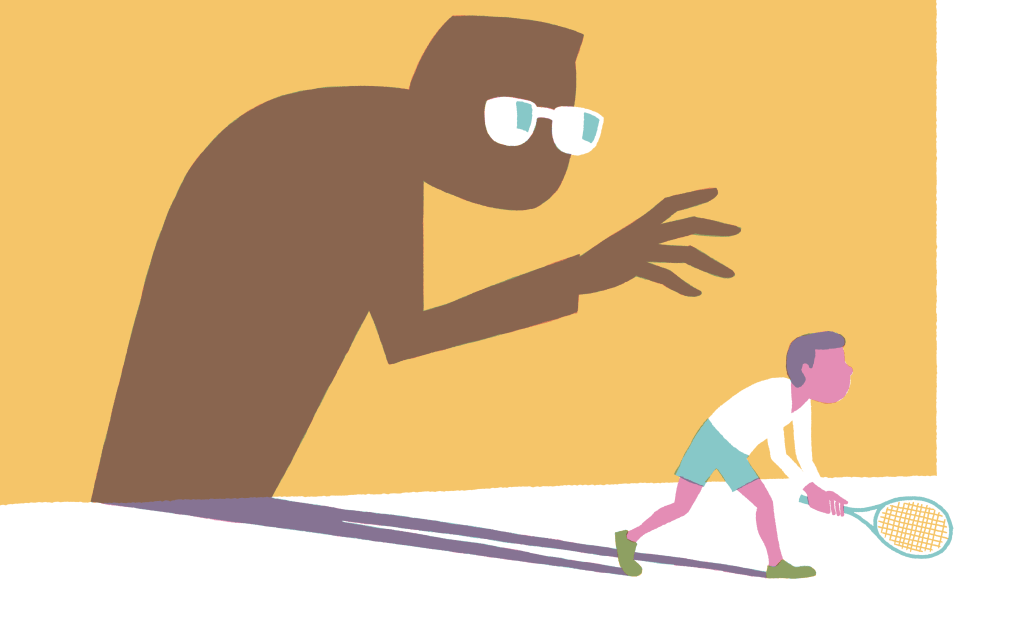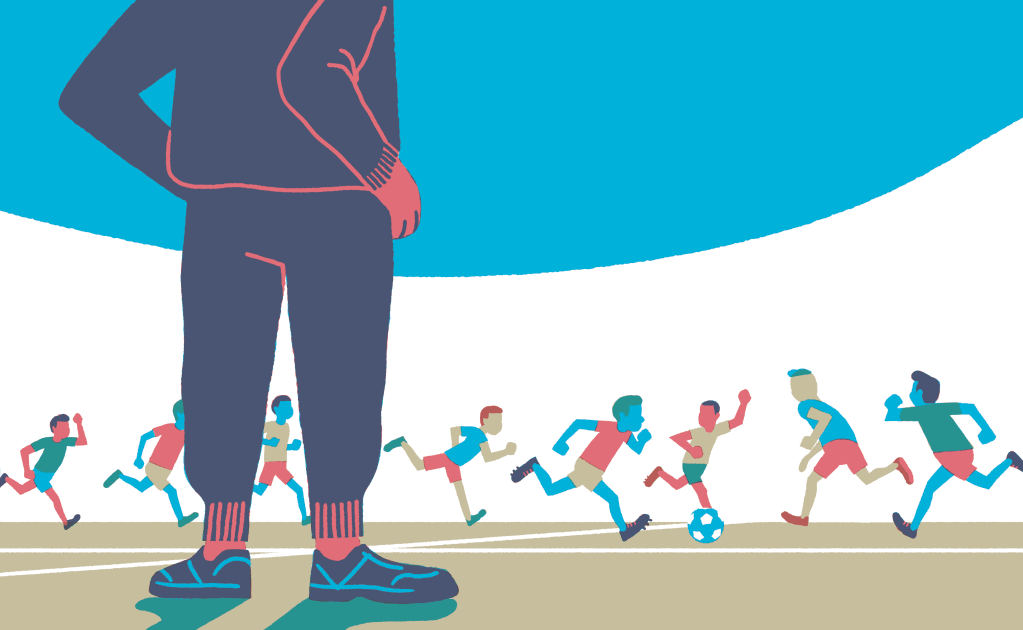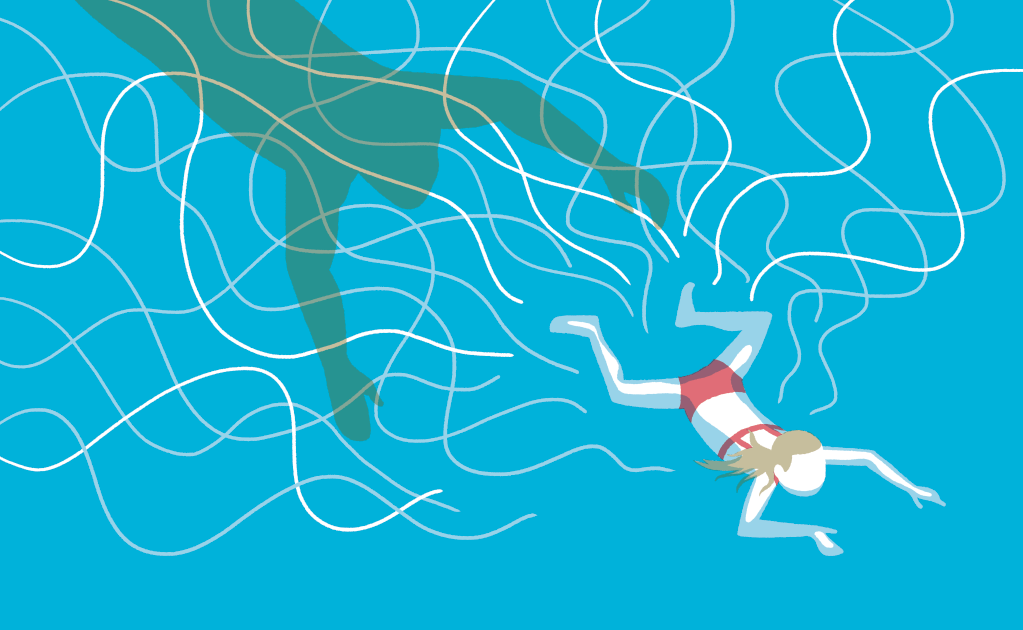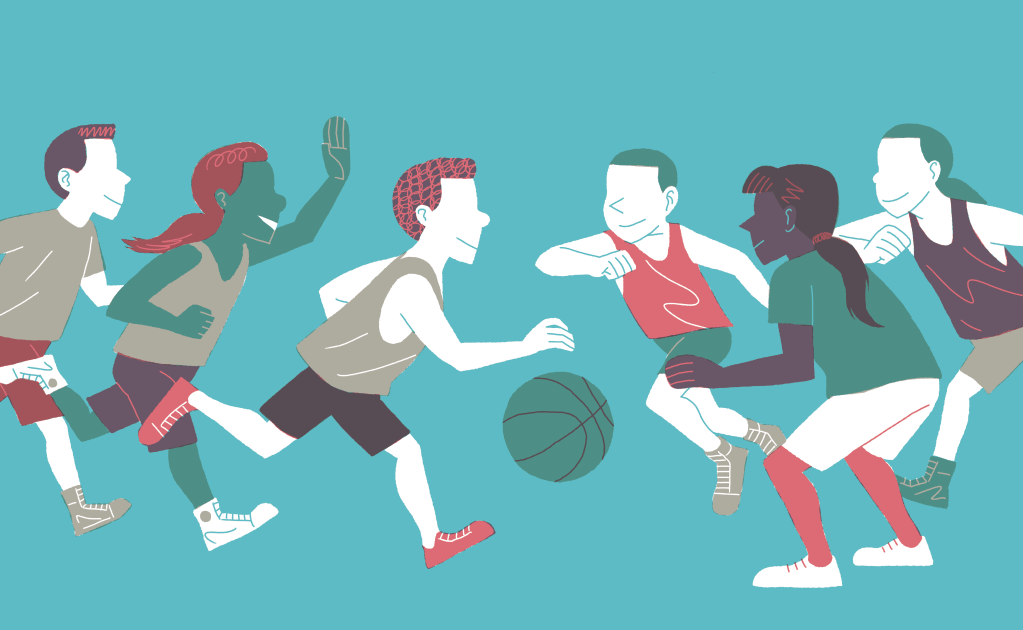wednesday, December 11, 2019
1 – An independent authority to support victims of sexual violence in the world of sport
The sports leagues and federations in France have neither adequate training nor the means to respond properly to sexual assaults on their members, who are often young. The result is that the victims and their families who had the courage to report such events are frequently abandoned. An independent body must be created, which would support sports clubs in their management of cases of sexual abuse. A functioning example of this is the United States Center for SafeSport (created amid a scandal of sex abuse by a doctor with the USA Gymnastics team), which investigates and records cases of sexual abuse, collects statements from parties involved, and identifies the organisational failings behind the cases.
2 – Improved verification of criminal records
Sports bodies in France are entitled to request, on a case by case basis, what is called a “Bulletin N°2” of an individual’s criminal record. This judicial document lists a person’s convictions, with the exception of certain offences, and is notably delivered on request in the case of an applicant for a job that involves contact with children. Sports bodies can also request to check whether an individual’s name features on the official judicial records of people convicted of sex crimes, the Fijaisv. Meanwhile, prefectures and certain administrations of the sports ministry run an automatic yearly check of the Bulletin N°2 and Fijaisv records for every person in possession of the professional card of a sports instructor. But this investigation by Disclose demonstrates that the eventual criminal record of an individual in charge of sports activities with minors is rarely checked, and this is even true of cases where that individual has a remunerated post. Instructors can work on a self-employed basis in sports structures and extracurricular activities without prior checks of their criminal record. Without a systematic control by the prefecture, some are able to create a sports association despite convictions for serious crimes, including the rape of a minor or sexual assault.
Voluntary, unpaid sports instructors systematically escape control. With no professional card, nor even the requirement to hold a diploma – except in the fields of parachute jumping or underwater diving – voluntary coaches are allowed to work with children without any checks on their past. They can obtain certification from a sports federation, but these are not state-issued diplomas and, again, do not require a check of criminal records. For several years now, the association Colosse aux Pieds d'Argile ('Giant with Feet of Clay'), which works in the field on the issue of sexual abuse in sport, has called for legislation to be introduced that would ensure the filtering of voluntary sports instructors. “The principal failing is in the filtering of volunteers,” said the association’s founder Sébastien Boueilh. “They fall through the net because there’s no control.” Since his presentation of the problem to the French sports ministry, an experimental project of closer monitoring has been run by France’s football federation over the past months in the Centre-Val de Loire region of west-central France. Disclose recommends that the project should be extended to every kind of sport and across the whole of France.
3 – Raising awareness of the requirement to report suspected sexual abuse
Under French law (Article 434-1), anyone who has knowledge of a sexual offence or crime is required to inform the appropriate judicial or administrative authorities. These include the public prosecution services, the police or gendarmerie, dedicated local child protection units, called CRIPs, and the regional offices of the “social cohesion” administrations managed by the prefectures in each département (equivalent to a county).
All too often, clubs hesitate for months before taking action about alleged sexual abuse, and in such cases often attempt to resolve the matter internally. Worse still, many are unaware that reporting such events is actually a legal requirement. “If you are in doubt, you report it whatever happens,” commented one police officer specialised in child protection. “It’s for the police to investigate and remove any doubt.” Disclose recommends that a campaign to raise awareness of this should be launched, highlighting the legal requirements of sports associations and federations concerning sexual abuse allegations.
4 – A generalisation of the “declaration of honourability” and raising awareness of the terms of the code of sport
Beginning a year ago, the French football federation has introduced the requirement that all voluntary coaches must sign up to a “declaration of honourability”. To widen this measure to all sports would allow at least a basic filter, even though it is purely declarative. It would also allow club managers and their instructors to become aware of Article L212-9 of the code of sport, which is very often little known. The article prohibits any activity of teaching, training or leading an activity in sport by a person who has previously been convicted of a sexual offence. Disclose recommends that an awareness campaign should be launched to better inform the details of the code of sport to the management of clubs, leagues and other sports bodies.
5 – A reinforcement of the criteria of the judicial list of sex offenders, the Fijaisv
The rapporteurs of a 2019 French Senate commission on the issue of sexual violence against minors, which notably was created after the paedophile scandals in the French Catholic Church, underlined an important shortcoming regarding the Fijaisv. This was that individuals sentenced to less than five years in prison are not automatically recorded on the list, unless expressly ordered by the justice system. This means, for example, that a person convicted for possessing paedo-pornographic images, which can be a first stage before the future committal of sexual assault, can escape the records. Disclose recommends that all those who commit sexual offences punishable by law, including those sentenced to less than five years imprisonment, should feature on the Fijaisv, which can be consulted by sports bodies.
6 – A re-think of an offender’s right to return to activities with children
During the investigation by Disclose, it was found that those who have a single conviction for sexual offences involving minors were not systematically prohibited from exercising activities with children, or were subject to only a temporary prohibition. A definitive prohibition can be ordered only in the case of repeat offending, and this very much depends upon which courts and which judges oversee the cases. This stems from the constitutional notion of an “individualisation of sentences”. It has allowed convicted paedophiles, after their release from prison, to return to activities with children. It is an issue that should be made the subject of an informed debate.
7 – Providing proper means for the judicial follow-up of released offenders
The judicial and medical follow-up of sexual delinquents is rarely practiced in the long-term. “There are orders for undergoing treatment which are made any old how,” said psychiatrist Muriel Salmona, president of a French association called ‘Traumatic memory and victimology’. “Most often, there’s no follow-up. The rare individuals who are convicted are not controlled.”
There should be more means given to the follow-up of sex offenders, notably with the increase of social-judicial measures. It would help to prevent a large amount of repeat offending, particularly in the field of sport, and also the reintegration into society of those convicted of sexual crimes.
8 – Putting in place preventive behaviour guidelines
Sébastien Boueilh, a former rugby player who was raped when he was a child and who founded the association Colosse aux pieds d’argile, is currently leading a campaign for the prevention of sexual abuse in sport, which is supported by the sports ministry. As part of the campaign, he travelled around France this autumn, when he met with more than 2,000 athletes and around 600 instructors and officials to raise their awareness of the problem. His advice is both simple and of common sense: instructors should avoid remaining alone with a child, changing rooms should be separated between those for athletes and those for instructors, instructors should not be allowed to invite minors to their home, and instead of the traditional French habit of greeting with a kiss on the cheek, a hand slap is preferable. “We still have instructors who shower with kids, and this in 2019,” said Boueilh. “Last year I carried out about a hundred visits, on each occasion I was given accounts [of abuse],” he said, speaking on the sidelines of a training course he led with the French fencing federation in the town of Vichy, in April this year.
9 – Improving existing awareness campaigns aimed at sports bodies
In 2008, France’s sports federations signed a charter for the prevention of sexual violence. In 2015, the first document of guidelines “to better prevent and react” to the problem was published by the sports ministry. The handbook, updated in 2018, is for the use of federations and training centres. But in the field, the effectiveness of such campaigns remains poor.
“Since the measure taken in 2008, each time that the ministry decides to take up the issue once more it begins again with exactly the same work [method] with a brochure, posters and a guide,” commented Greg Décamps, dean of the Faculty of Psychology in Bordeaux. Décamps, the author of a 2009 report on sexual violence in sport which was commissioned by the sports ministry, bemoans the “quasi ineffectiveness” of such measures.
10 – Learning from others
· In the US, a doctor with the country’s national gymnastics team, Larry Nassar, was sentenced to life imprisonment in January 2018 for sexually assaulting more than 350 athletes over a 20-year period. Among his victims was Simone Biles, who won four gold medals at the 2016 Olympic Games in Rio de Janeiro. Following the scandal, a vast investigation was launched by the justice authorities into sexual abuse in sport and the failings of the US Olympic Committee. The investigation was helped by the work of the United States Center for Safesport.
· In Britain, a sex abuse scandal erupted in the world of football after Andy Woodward, a former player in the English Football League, revealed to The Guardian newspaper that he had been a victim of sexual abuse as a child by his club coach Barry Bennell. The scandal prompted police investigations in England, Scotland and Wales after other former professional footballers also came forward to say they too had been the child sex abuse victims of club coaches. Two years after the investigations began in mid-2016, the police had identified 849 alleged victims of abuse perpetrated in 340 clubs, including Chelsea and Manchester City.
· In Germany, a special federal commission spent three years investigating the issues surrounding the sexual abuse of children. In its conclusions in 2019, it denounced the silence of institutions about such cases. Its mission was extended for two more years in order to further its investigations, notably into child sex abuse in the world of sport. It was accompanied by an appeal for witnesses.
· In South Korea this year, short-track speed skater Shim Suk-hee, a gold medallist in the 2014 Winter Olympics, accused her former coach of repeated sexual assault when she was a teenager. The government immediately announced the opening of an investigation into all types of violence, and not only of a sexual nature, committed in South Korean sports circles. More than 63,000 athletes are to be questioned, and there are plans to tighten up the law regarding those who fail to denounce perpetrators.




